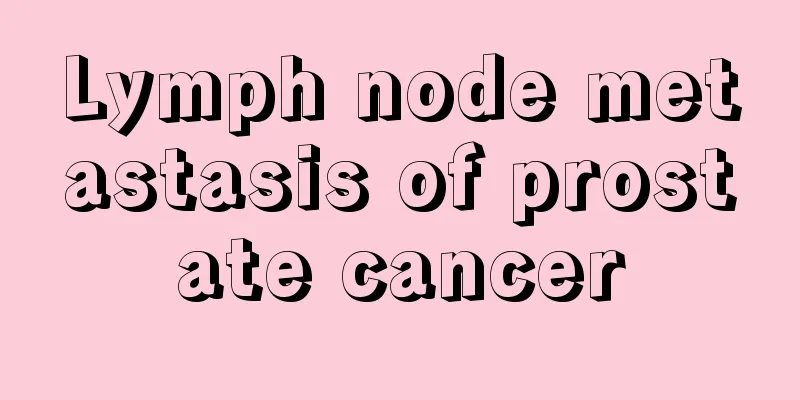What are obsessive-compulsive disorder and procrastination?

|
Obsessive-compulsive disorder and procrastination are two psychological diseases that are relatively common nowadays. They seriously affect people's work and life. So what exactly are obsessive-compulsive disorder and procrastination? Most people don’t understand this, so let’s learn in detail what obsessive-compulsive disorder and procrastination are! Procrastination. You know you have to do something but just don’t want to do it, you have to put off today’s work until tomorrow, and you won’t start until it’s urgent... Are you also a procrastinator who always fails every time you make up your mind to change? American psychologist Dr. Ferrari proposed that there are three main types of procrastination: excitement-seeking, avoidant, and indecisive. Although procrastination is not a disease, the guilt, inferiority and sense of disorder in life that it brings when it is serious can make people extremely anxious. Xi Yingjun, director of the Psychological Crisis Intervention and Stress Management Center of Beijing Anding Hospital, suggested that, first, you can divide the task into small, specific and easier-to-implement goals. Every time you complete a small goal, reward yourself with a little time to relax. Second, you must learn to eliminate distractions and get rid of all factors that affect efficiency, such as turning off mobile phone networks, finding a quiet room, etc. Obsessive-compulsive disorder. Even though I know that what I’m doing or thinking about is meaningless, I can’t stop no matter what. The more I try to resist, the more nervous and painful I become. "Wang Guorong, supervisor of Suzhou Jung Psychological Counseling Center, said that this is a typical obsessive-compulsive disorder, which can affect normal work and life in severe cases. Learning to reduce obsessive thoughts is crucial. The American Psychiatric Association has given a "15-minute rule": when obsessive thoughts appear, try to delay the occurrence of compulsive behaviors for at least 15 minutes. Take hand washing as an example. When you want to wash your hands again, you might as well ask yourself first: "Wait, do I really need to wash my hands?" After 5 minutes, tell yourself "I didn't wash my hands immediately, and my hands didn't seem to be that dirty." After another 5 minutes, tell yourself "This is obsessive-compulsive disorder at work." In the last 5 minutes, you can try to divert your attention. |
<<: What's wrong with my lower lip twitching?
>>: What's the matter with the white spots and granules on the lips
Recommend
Osteosarcoma Hospital for the Elderly
The environment is very important for a patient&#...
How is breast cancer caused
What causes breast cancer? The occurrence of brea...
What foods are good for high blood lipids to relieve the condition
Everyone knows that if you suffer from high blood...
What should I do if my rhinitis gets worse when I use air conditioning?
In the hot summer, the indoor temperature is too ...
What are the fruits that are good for the stomach?
We need to pay more attention to the maintenance ...
Care for life and do a good job in preventing lung cancer
The common symptoms of lung cancer are long-term ...
Will gallbladder cancer cause heavy bleeding?
Gallbladder cancer ranks first in the incidence a...
What are the benefits and ways to eat Chaga?
Birch is a fast-growing tree that is very common ...
How is eye cosmetic surgery performed?
Every girl who loves beauty hopes to have photoge...
What kind of crown is generally good for back teeth
Teeth are an indispensable tool for people to che...
Routine diagnostic sequence for osteosarcoma
As we all know, early diagnosis is very important...
One side of the temple hurts
Unexpected problems often occur in the human brai...
What are the hazards of nasopharyngeal cancer
Nowadays, more and more people are suffering from...
The benefits of cupping
Although we often choose Western medicine to trea...
What are the symptoms of gallstones and how are they treated?
Gallstones are a common type of stones that can c...









